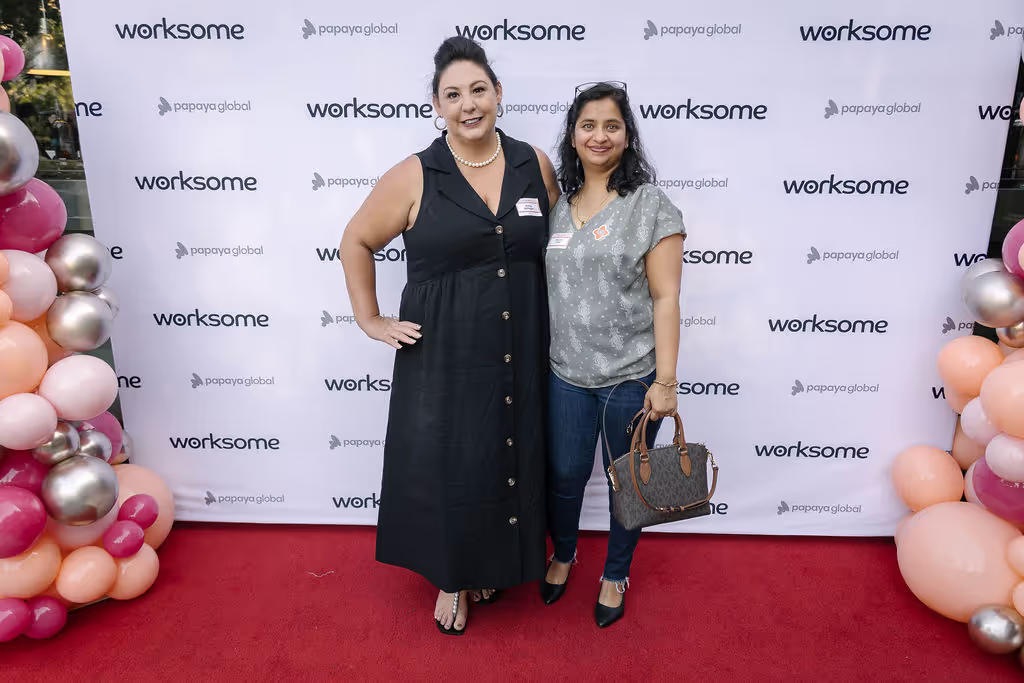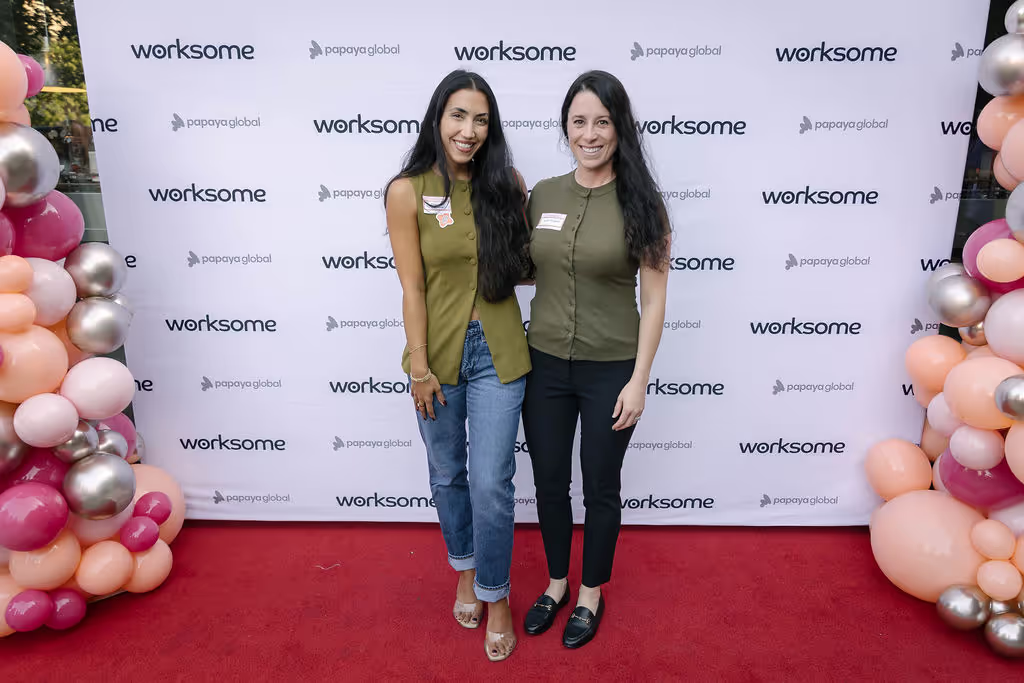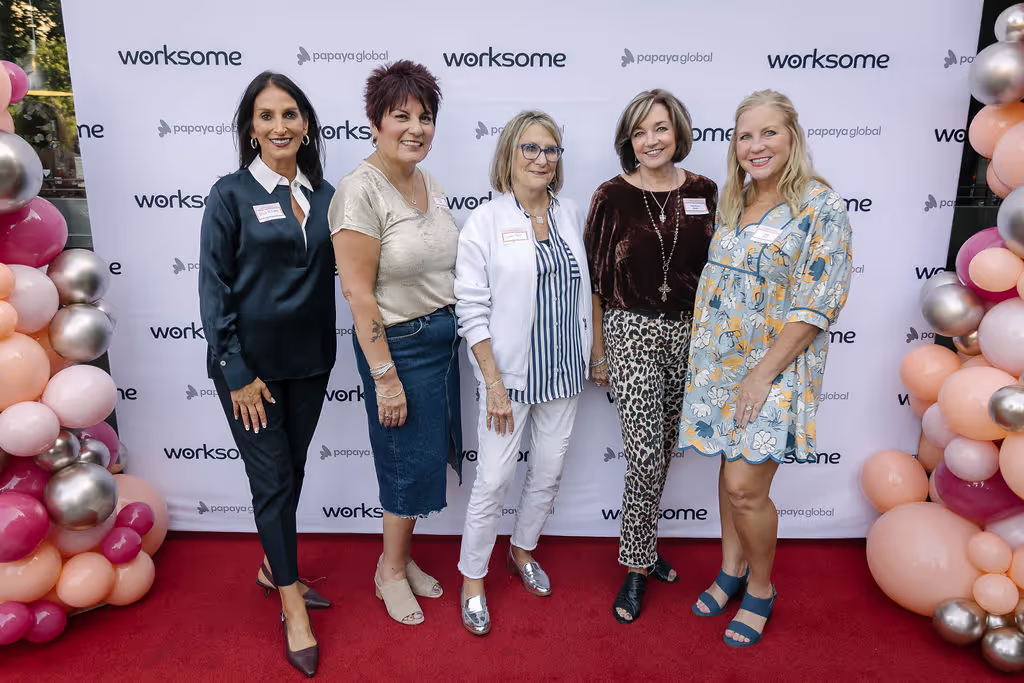The pandemic is not only a health crisis — it’s also a grand restructuring of the way in which businesses have traditionally operated. Every business in the country is trying to navigate through the uncertainty, thinking about how to prepare for the new normal.
It is increasingly apparent that the next era will be defined by a fundamental schism: The period before the pandemic and the period after.
The question is: What will it look like?
Here’s our predictions of a post pandemic world:
Travel expenses will fall
Once businesses start to realize that they can survive with a lot fewer face-to-face meetings, we’ll see the pricey business trips become replaced by their online substitutes, saving businesses time and money, while also benefiting the environment.
The use of technology will be accelerated
If there’s one thing this pandemic has shown us, it’s that technology was and is the glue that holds everything together. Video conferencing, document sharing, cloud solutions, information security, machine learning, and AI – businesses across all industries will have to use technology to much greater extent in the future to build resilient organizations
Remote work will be incorporated into our work lives
Remote working works. That’s an important learning from the pandemic, but so does onsite work. The magic is in the mix. Remote working creates more sustainable lives for workers and greater flexibility without harming productivity. That’s why we’ll see it become increasingly incorporated into our work lives.
Flexible workers will be in high demand
As businesses are rapidly adopting more flexible, remote work models, as well as keeping up with an uncertain economic climate, we will see a clear pattern towards being more open-minded to working with freelancers and independent consultants than ever before
Commercial real estate costs will fall
Once remote work becomes more of the norm, the need for hulking corporate complexes will diminish.
These momentous changes raise huge organisational, talent and HR challenges – at a time when business leaders are already wrestling with unprecedented risks, disruption and uncertainty.
How can businesses prepare for a future that is so uncertain? How will their talent needs change? How can they attract and motivate the talent they need? And what does all this mean for HR? This isn’t a time to sit back and wait for events to unfold. To be prepared for the future of work you have to understand it.
Here’s our most important messages for leaders.
The messages for leaders
Your team structure will change - for good
As a business leader, you have to plan for a dynamic rather than static future post pandemic. You have to be agile, flexible, and nimble in order to navigate a world of uncertainty - especially in your workforce structure. Understand the skills you have in your workforce now (not just the roles your workers currently do) and the gaps to the skills you will need in the future. Tap into the growing flexible workforce consisting of skilled freelancers to achieve greater agility.
Own the automation debate
Automation and AI will affect every level of the business and its people. It’s too important an issue to leave it to IT (or HR) alone. A depth of understanding and insight into the changing technology landscape is a must.
Act now
This isn’t about some far future of work – change is already happening and accelerating. You have to start thinking about how your business can adapt to it now.
In times of crisis, we have the opportunity to change, to reflect, learn, grow, and build better and more robust solutions for the future. The pandemic scare may just show us a better way to work. How enterprises change to work will be telling, but one thing is for certain: the pandemic has accelerated the future of work. What we previously thought would be a years-long transition period, has now happened within a matter of months.
The future of work is now.



































